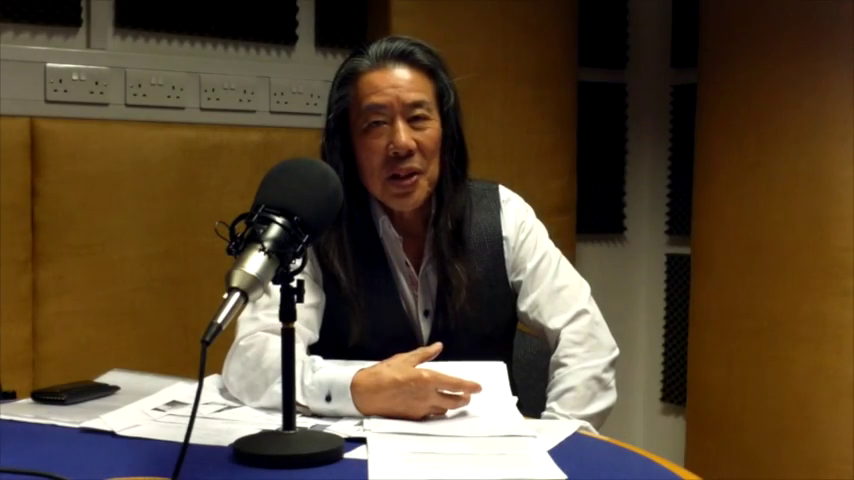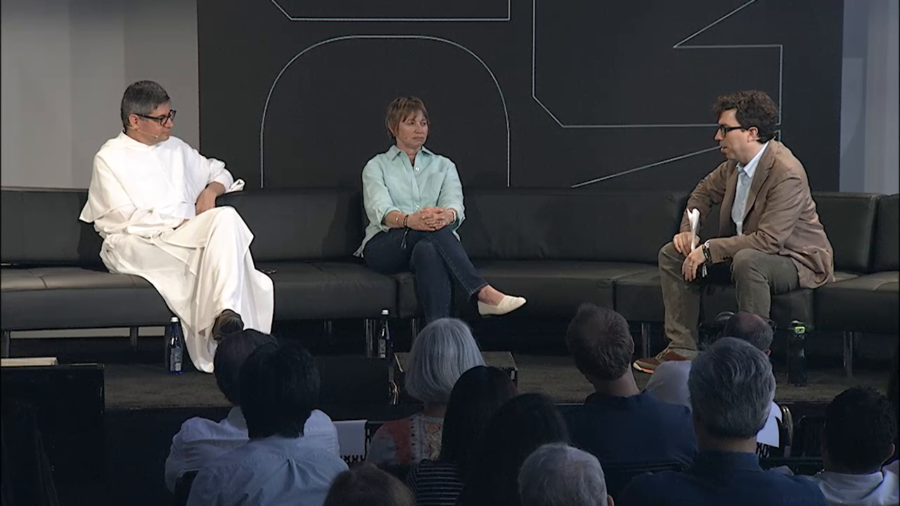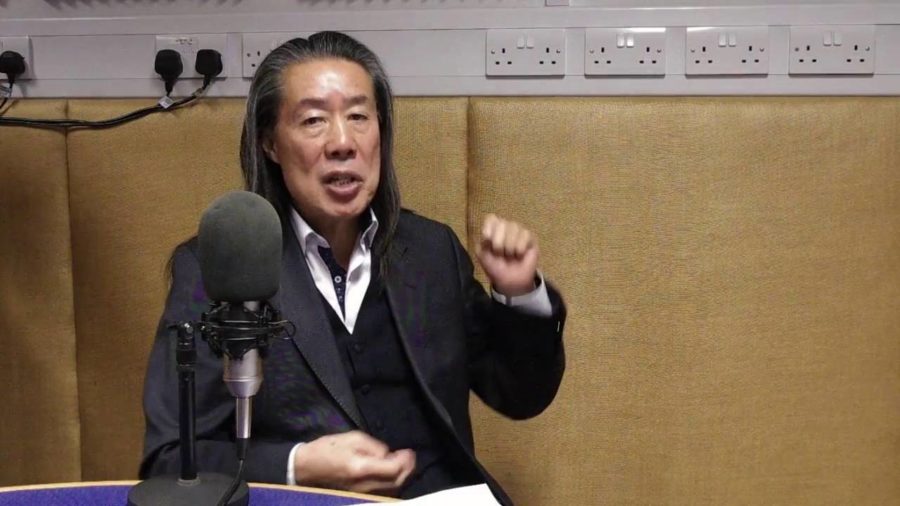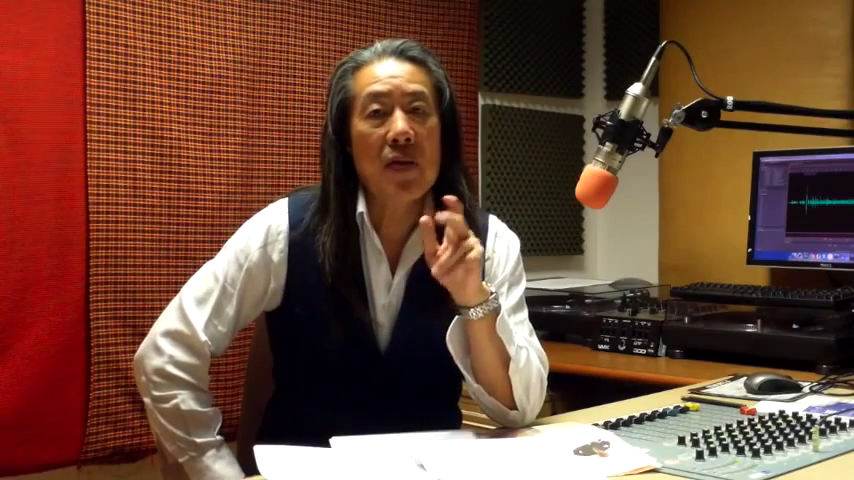This part is going to be centered on modern-day Iran. Or, that territory that sits where ancient Persia used to sit. The great empire that challenged Greece. The great empire that challenged Rome, often extremely successfully. The country that freed the Hebrew slaves to return from Babylon. The country that instituted the first written charter of human rights to do with free religious worship.
Archive

We’re going to have a brief excursion to one element of what Fred Halliday would’ve called “cultural conditions,” cultural thought that leads to rebellion. We’re going to have a look at liberation theology, and what that has to say about rebellion.

The challenge for the Church and for the theologians was to say okay, perhaps that’s what is written. But for example if you consider that God has delivered the Creation in seven days, knowing that nowadays Amazon can deliver everything on Earth overnight, it means that Jeff Bezos has defeated God? Or does it mean something different? And I think it means probably something different.

We’re looking at religion as an organized and above all institutionalized system of beliefs. The organization particularly of textual or other recorded teachings that form the basic faith framework of the religion, and the institutionalization which polices those teachings, polices the extent, the limits, and above all the interpretation of what those texts might mean.
The best justification we have for killing fifty-six, fifty-seven, whatever billion land animals and a trillion sea animals every year is that they taste good. And so, in a sense how is this any different from Michael Vick, who likes to sit around a pit watching dogs fight, or at least he used to?

